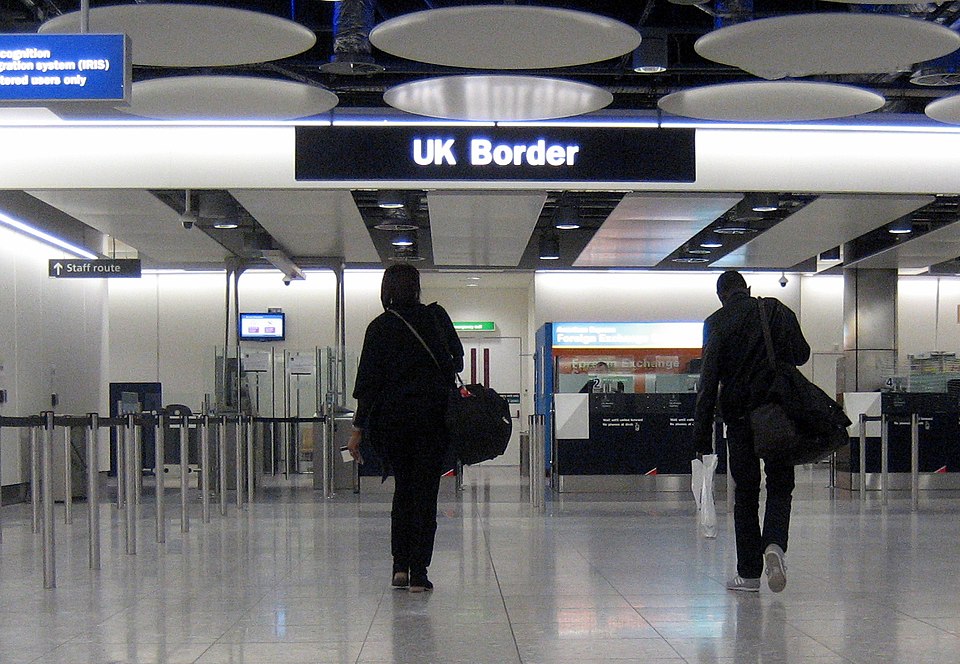
The UK government has begun implementing major changes to its immigration system, aiming to restore control of the country’s borders. Home Secretary Yvette Cooper has announced the
first wave of reforms, marking a significant shift in policy under the Immigration White Paper.
Key updates include raising the salary and skills thresholds for foreign workers, ending overseas recruitment for care worker roles, and removing over 100 occupations from eligibility for work visas. These changes are designed to reduce overall migration, prioritize high-skilled workers, and tighten entry conditions.
A new, temporary and highly selective shortage occupation list will limit access to the immigration system only to roles deemed essential to key sectors and infrastructure. To retain access, industries must have clear plans to train domestic workers and reduce reliance on foreign labor.
Home Secretary Yvette Cooper said:
“We are delivering a complete reset of our immigration system to restore proper control and order, after the previous government allowed net migration to quadruple in four years. These new rules mean stronger controls to bring migration down, to restore order to the immigration system and to ensure we focus on investing in skills and training here in the UK.
As part of the Plan for Change, we can build an immigration system that serves the needs of the British economy and people – one that values skills, tackles exploitation, and ensures those who come to the UK make a genuine contribution”.
Highlights of the Reform Package:
- Skilled Worker Visa rules tightened: 111 occupations removed from eligibility.
- Overseas recruitment for care workers closed: In response to widespread abuse and exploitation in the sector.
- New temporary shortage list introduced: Strictly time-limited, for critical roles only.
- Tougher sector requirements: Industries must develop domestic workforce strategies or risk losing access to foreign labor.
- Review by the Migration Advisory Committee (MAC): The MAC will assess the shortage list, including pay, conditions, and occupation eligibility.
Workers in shortage-list occupations will no longer be able to bring dependants or receive salary or visa fee discounts. The list is set to expire by the end of 2026 unless the MAC recommends otherwise.
The government has also made clear it will impose further restrictions if evidence of abuse or exploitation continues. The previous immigration salary list will eventually be scrapped. Photo by dannyman, Wikimedia commons.
Subject to parliamentary approval, the changes will take effect from 22 July, with transitional arrangements in place for care workers already in the UK.
What’s next:
By the end of 2025, the government also plans to:
- Increase the immigration skills charge
- Raise English language requirements across the system
- Introduce a new family visa policy framework
These reforms are part of a wider overhaul of the UK’s immigration and border policies, with more announcements expected later this year on asylum and border security.




































